
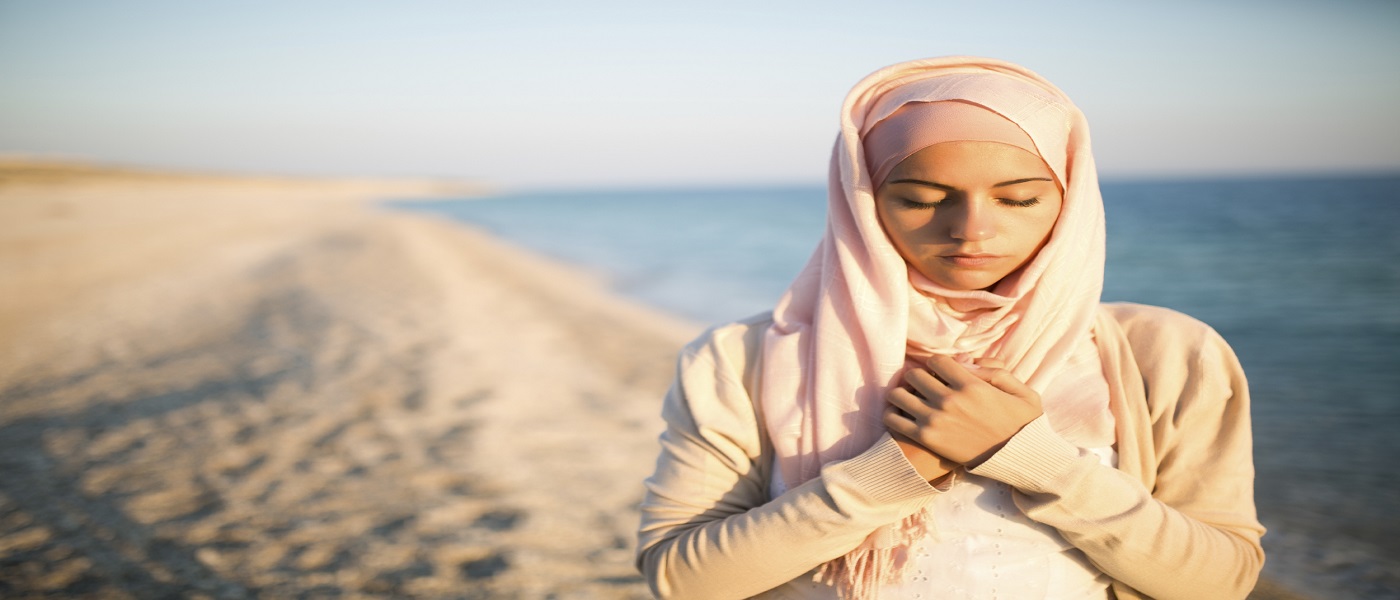
Women in Islam
As a New Muslim woman, I find the Islamic lifestyle fully responsive in every aspect of my life. Here, Salam Islam deals with different issues regarding women in Islam. Salam Islam is a platform to make those who convert to Islam, more familiar with the benefits that the Islamic life can offer them.
Islam pays specific attention to women’s rights in life. The important role of women in the family, in society and their huge influence in the world, has not been neglected in Islam, as well as their personal and spiritual life is strongly protected based on Islamic lifestyle.
Let’s quickly monitor what Salam Islam provides about women in Islam;

Personal life of Women in Islam
Muslim women’s life might sound boring for those who have not chosen the Islamic lifestyle. A new convert to Islam may find herself confused in different aspects of her life. Salam Islam explains that Muslim women, better than all other women, can enjoy their lives by having lawful fun.
The issue of the Islamic dress code or Muslim women’s Hijab is also discussed from different standpoints in Salam Islam. What does Hijab mean? Is there a history of Hijab in Abrahamic religions? Why at all should they wear Hijab and cover their hair? Is there a chance that one converts to Islam without wearing Hijab? Does the Islamic dress code change from time to time and place to place, based on the conditions of time and place?
Issues Concerning Women’s Marriage in Islam
Salam Islam also covers the important issue of women’s marriage. It tries to clarify women’s rights in the family, and their rights in choosing the right spouse. Since women’s dignity and respect is very important in Islam, therefore women are free to choose a spouse based on Islamic guidelines. It is explained why Islam will allow women to marry a non-Muslim man and live under his demand.
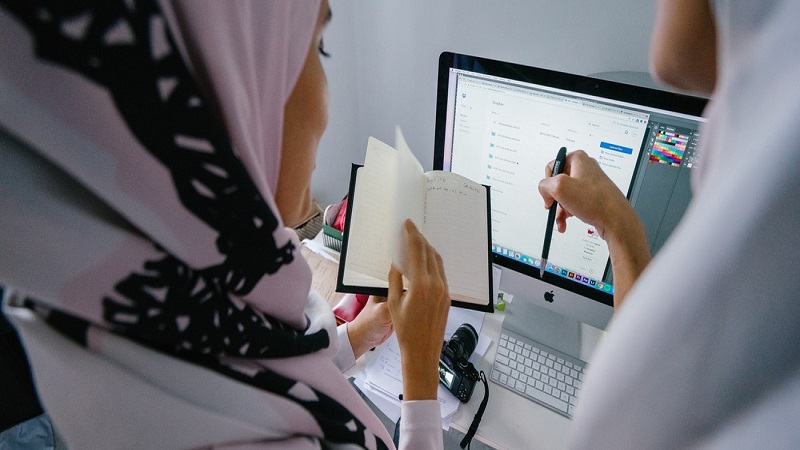
Women’s rights in Islam in society
The issues of women in Islam are sometimes wrongly described and understood in the west. Some western people based on their shallow understanding of Islam, undermine the high status of women in the whole system of Islamic life.
Salam Islam tries to answer most of the misconceptions regarding the aspect of women’s lives in society. Are women in Islam inferior to men? Can they have a career? Why should they cover themselves in society? What about feminism and women’s rights in society?
Prominent Women in Islam and the History
Is there any practical and tangible model for the life of women in Islam? To answer this question, Salam Islam studies the life of prominent women mentioned in the Holy Quran and the history. By studying their life stories and events, one will be inspired to follow the lifestyle of such great role models to have a successful life like them.
Role models such as Saint Mary, Hagar; the Wife of Prophet Abraham, Fatimah; Daughter of Prophet Muhammad (PBUHHP), and Zainab; the granddaughter of Prophet Muhammad (PBUHHP).
If you have any questions about Mulsim women’s issues, you are welcome to send us your questions.
Share This Article
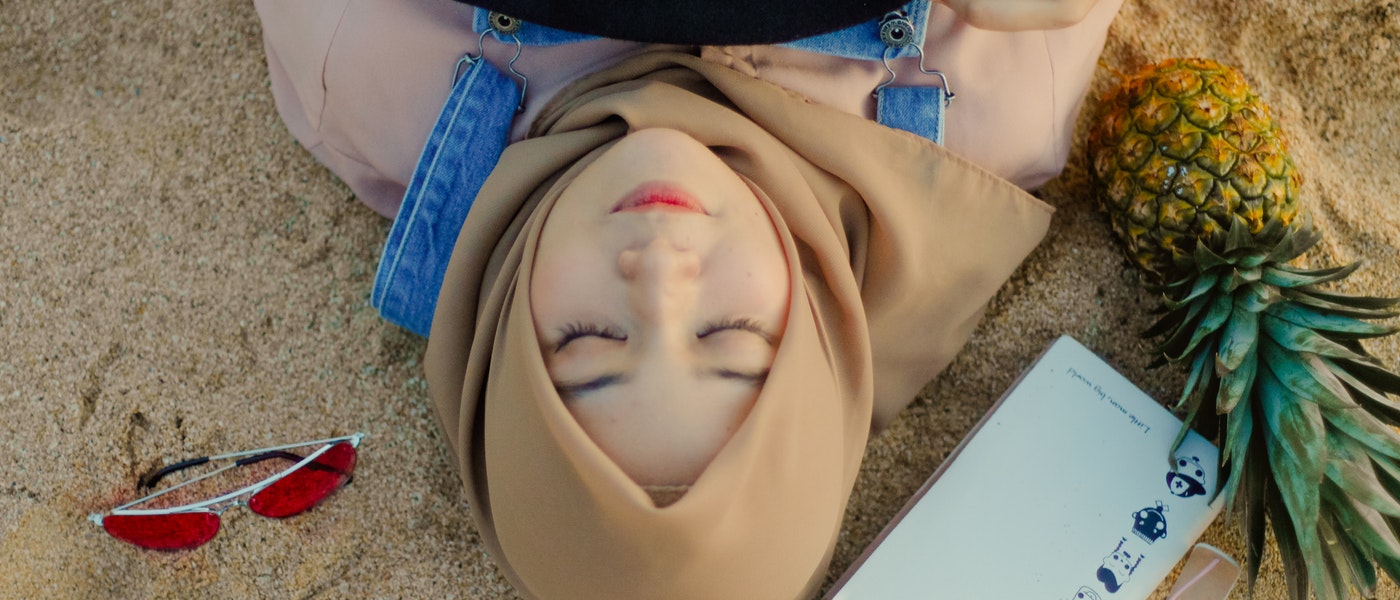
What Muslim Women Do for Fun?
Those who are not Muslim and committed to religion may think that Muslim women cover themselves in front of men. They do not wear make-up. They do not have boyfriends. They do not take part in mixed parties with men where they can dress up and flirt, and dance with music. What is the sort of life that they have? How do they enjoy life?
Also, non-Muslim women may look at the eastern type of Muslim women’s lifestyle and say: do they not get bored of staying home and raising children and taking care of their husband all the time? Do they not want some time for themselves?
This way of thinking makes some of them so worried about Muslim women that they start campaigns for defending Muslim women and try to awaken them for their very normal rights!
The Miserable Life of a Non-Muslim Woman!!!
On the other hand, many Muslim women and I, when looking at the lifestyle of non-Muslim women, think to ourselves that they do not cover themselves in the presence of their marriageable kin (non-Mahram) men.
They dance with any man! They spend a lot of time dressing up and wearing make-up to go to nightclubs or parties to present themselves to men! So that one man may say: “you look so beautiful!”, and they say: “Thanks, I’m flattered!”
They go to the same swimming pools that men go, nearly nude! Forget about Islamic cover, where does modesty go?! They taste different boys in life before they get married, or let’s say they allow different boys to taste them! What is that sort of life? Do they not get offended by being degraded so much?
Muslim women may look at non-Muslim women’s western type of lifestyle and say: do they not get bored when they do not have big family gatherings, where all children and grandchildren come together around their grandparents? Do they not miss big parties in which instead of drinking and going out of mind, people sit together and talk about their issues and find out if one of the group has a problem, then everyone tries to sort it out?!
Now as a Muslim woman with the background of growing up in a huge eastern family, and then experiencing the Western lifestyle for many years, let me tell you what Muslim women do for fun. What they enjoy in life and why they stick to the eastern lifestyle without getting bored.
What is the Islamic Eastern Lifestyle Like?
In my definition, the eastern Islamic lifestyle does not belong to the East only; rather it has remained in the East while it has disappeared in the West. You may find many people in the East who live a western lifestyle. You may as well find people in the West who live an eastern lifestyle.
I would like to list a few characteristics that are bold in an eastern Islamic lifestyle:
The high amount of respect that people have towards each other, especially the respect for the elderly or the teachers.
The importance of family.
The priority of the community over the individual.
Definition of freedom; In their social life, People are free as far as their freedom does not disturb others, while in western lifestyle people are free to do what they wish to do as long as it is not against the social rules; no matter if it may bother other individuals.
Ethics and human values are stronger than law.
The above points and many other similar points come together and shape a viewpoint about humans and life. And it is due to that point of view that eastern or western lifestyle develops.
How Are These Related to Muslim Women’s Fun?
As long as we do not become familiar with other people’s ideologies, we will not recognize the difference of opinions about the same issues.
When Muslim women, all over the world, have a tendency towards the eastern lifestyle, that has been completed by the Islamic teachings, in many cases, they will no more enjoy the same things that non-Muslims like. No matter in which part of the world you live as a Muslim, but when you are a Muslim, your mindset is shaped in a way that you enjoy the Islamic lifestyle.
With the sort of ideology that Muslim women have, they no more enjoy exhibiting their bodies for their marriageable kins (non-Mahram). They do not enjoy flirting with different guys all the time or going to nightclubs. While at the same time many of them may enjoy having lots of children and being in big families, in which they come together now and then, in order to empower themselves with the energy of the community.
The Islamic lifestyle gives us a vision and a spiritual goal (unlike most of the western goals which are materialistic). A Muslim woman (like a Muslim man) defines her activities in harmony with her beliefs, to help her achieve her spiritual goal in life. Therefore, she defines her fun activities in a way that does not contradict her path of growth.
What do Muslim Women Do for Fun?
Finally, keeping in mind all the above, there is no difference between Muslim men and Muslim women in terms of having fun. It might be a matter of modesty in relationships, which is recommended not only for women but also for men. Suggestions about different types of lawful (Halal) fun is available in an article with the title “What is lawful (Halal) fun?”.
Overall, Muslim women can have all sorts of fun that do not contradict the Islamic values and do not deviate them from their central roles such as motherhood as well. (Please note that by motherhood Islam does not mean only giving birth to the baby and feeding her/him. But the most important social role of a mother is to nurture the child to grow up into a great human).
Read More
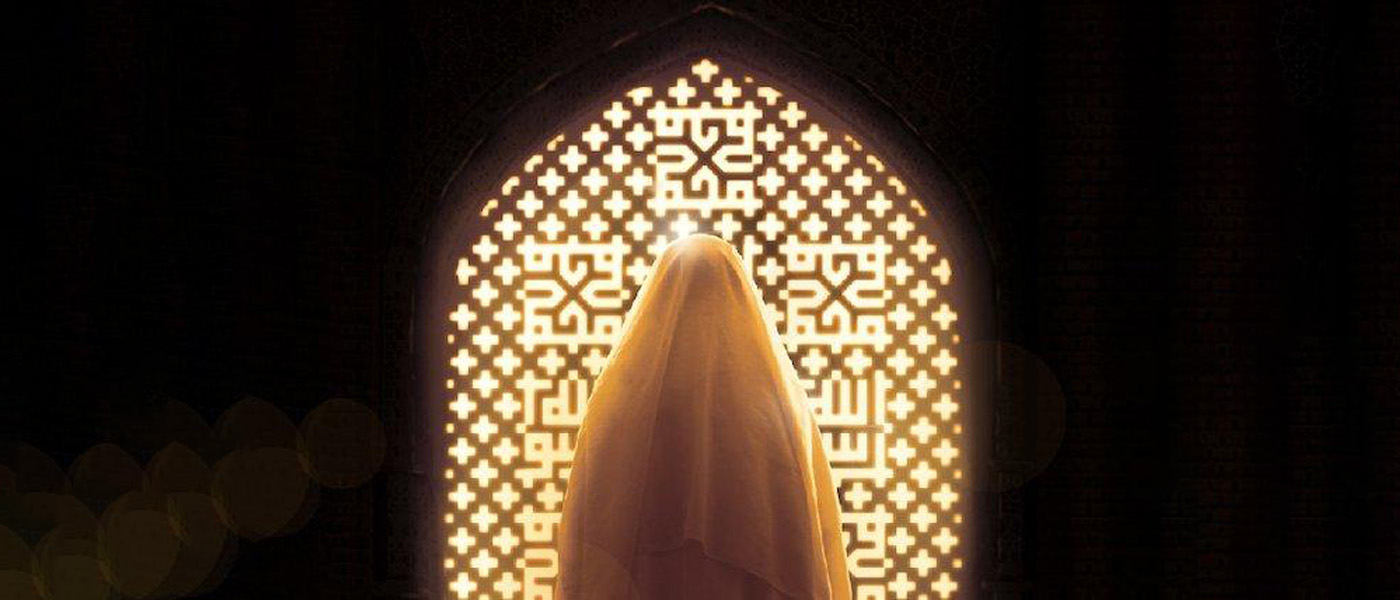
Khadijah, One of the Best Women of Islamic Humanity
The first days of Islam were very difficult days for the Prophet (PBUH&HP) because he did not have many followers and the infidels could conspire for the Prophet (PBUH&HP) more easily. They even attacked his house to assassinate the Prophet (PBUH&HP), but thanks to Allah, this conspiracy was in vain. But in these difficult days, the Prophet (PBUH&HP) had very valuable companions with him, one of these precious followers was the wife of the Prophet, Lady Khadijah (AS). Now we want to know more about the Prophet's wife and her services to Islam and Muslim women.
A short identity of Lady Khadijah (AS)
Lady Khadijah (AS) was from the Quraysh tribe. Her father was Khuwaylid and her mother was Fatima, daughter of Zaydeh, both of whom were among the most rooted and noble Arab families in the Hejaz. Khuwaylid was the eldest of his tribe during the pre-Islamic period. Before the advent of Islam, Khadijah was considered one of the most prominent Quraysh women, so much so that she was called by the Lady of Quraysh women.
Although she was a beautiful and wealthy woman and had a lot of suitors, she did not accept them and started a business with the big amount of money she had. Until Prophet’s uncle asked his nephew to work for Khadijah like his other relatives, and he went to the Sham business on his behalf, and so it was continued. The decency of Muhammad (PBUH&HP) and his talent, merit, distinguished personality, and reputation for fiduciary duty made him famous in particular and in general that he was called "Muhammad Amin" *. This news and reports made Khadijah fascinated by her lineage, merit, character, and liking.
The first Muslim woman
Lady Khadijah (AS) was the first Muslim woman in promoting Islamic culture and as a role model of a Muslim woman has played a great role and many women have learned lessons from her practical training. She was so faithful that even the Prophet (PBUH&HP) said this about her in various narrations, we will read some of them to know more about her great role and practical lessons:
1) The best women in the world are Khadijah and Maryam, the daughter of Imran (1)
2) One day, the Messenger of God (PBUH&HP) drew four lines. Then he asked: Do you know what these lines are? People said: God and His Messenger are more knowledgeable. The Prophet (PBUH&HP) said: The best women of Paradise are Maryam, the daughter of Imran, Khadijah, the daughter of Khuwaylid, and Fatimah, the daughter of Muhammad (peace be upon her), and Asiya, the wife of Pharaoh. (2)
Lady Khadijah (AS) Services to Islam
In 24 years of living together with the Holy Prophet of Islam (PBUH&HP), Khadijah performed many services for the religion of Islam. The financial, spiritual, and emotional support of the Prophet (PBUH&HP), the acknowledgment of the Prophet in a time when no one approved of him, and his help against the persecution of the polytheists are some of these valuable services. After marrying the Prophet (PBUH&HP), Khadijah gave her property to him so that he could spend it however he wanted. The Holy Prophet of Islam says in this regard: "No wealth was as useful to me as the wealth of Khadijah."(3)
Khadijah, this noble lady not only believed in the message of the Prophet from the bottom of her heart but also helped him in the face of hardships and denials of polytheists and ill-wishers. While she was alive, she did not allow the persecution of the polytheists to be severe on the Messenger of Allah (PBUH&HP). When the Messenger of Allah (PBUH&HP) came home with a load of calamity and sorrow, Khadijah comforted him and removed the worry from his mind. The property of Khadijah was used as a suitable tool in the service of Islam and its development from the very beginning. Interestingly, the last part of Khadijah’s property was spent by Imam Ali (AS) during his emigration trip to Medina. Most Muslims traveled with Khadija's property. The last of them was a caravan led by Imam Ali (AS). (4)
She was also the mother of Fatima (AS), from whom the generation of Imams was born. Imam Sadigh (AS) said: "When Khadijah (AS) chose the Holy Prophet (PBUH&HP) as her husband, the women of Mecca turned away from her because of enmity. Not only did they not greet Khadijah; they even prevented other women from visiting her. In this way, a strange terror overwhelmed Khadijah.
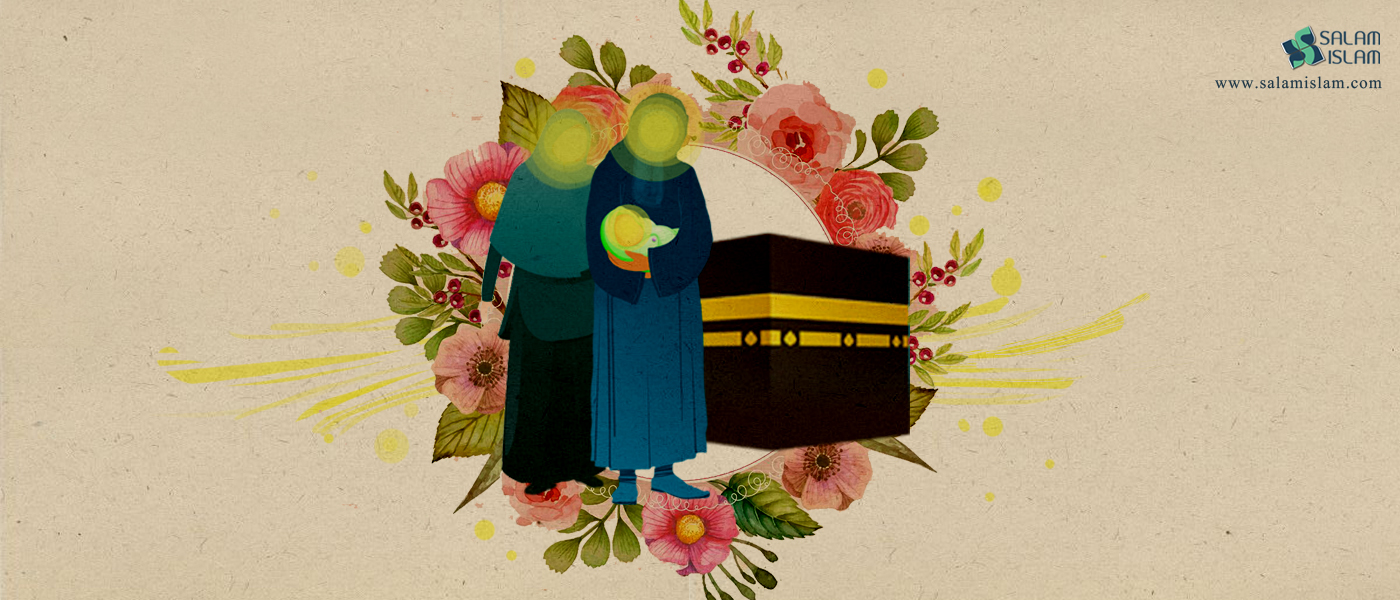
Of course, she was more afraid of the Prophet (PBUH&HP) to be harmed than herself. When Khadijah became pregnant with Fatima, Fatima spoke to her in her mother's womb and advised her to be patient, but Khadijah kept this secret from the Prophet until one day she entered and heard that Khadijah was talking with someone. He looked around; but he did not see anyone, he asked: O Khadijah! Who are you talking to? Khadijah, in response, told that she was talking to the child she had in her womb, Prophet (PBUH&HP) replied: “Gabriel informed that this is a girl child. She and her descendants are pure, blessed, and Allah will create my descendants from him. From his generation are born the Imams of the religion and the Almighty, after breaking the revelation, makes them his successors on earth.” (5)
Conclusion:
The position and role of lady Khadijah (AS) in the most difficult period of the history of Islam this affair is common knowledge. she played an important role in establishing and spreading Islam during the Besat** period with her material and spiritual support of the Holy Prophet (PBUH). She is a role model for men and women in society because she raised many human values and perfections inside herself. She gave all his wealth, economic facilities, and existence in the way of satisfaction of Allah and also with the spiritual, psychological, and social support for her husband, Prophet (PBUH), in promoting Islam and advancing its goals, thus making his name as a real and true model for a Muslim woman. She died in the tenth year of the Besat and shortly after the death of the Prophet’s uncle, Abu Talib (AS). Muslim women can learn from the practical lessons of lady Khadija (AS) throughout the history of Islam to be behind their husbands in any case and not to withhold any support from him.
References:
- Al Umdah Ibn Tariq (page 405)
- Sirat Ibn Hisham (first Volume - Page 168)
- Encyclopedia of Shia (second volume – page 47)
- Encyclopedia of Shia (second volume – page 49)
- Encyclopedia of Shia (third volume – page 46)
* Amin means a trustee and someone who is trusted to keep the treasure of others while he does not betray or abuse the trust others gave him.
** Besat refers to the election of Prophet Mohammad (PBUHHP) as a prophet and the beginning of his mission
Read More

